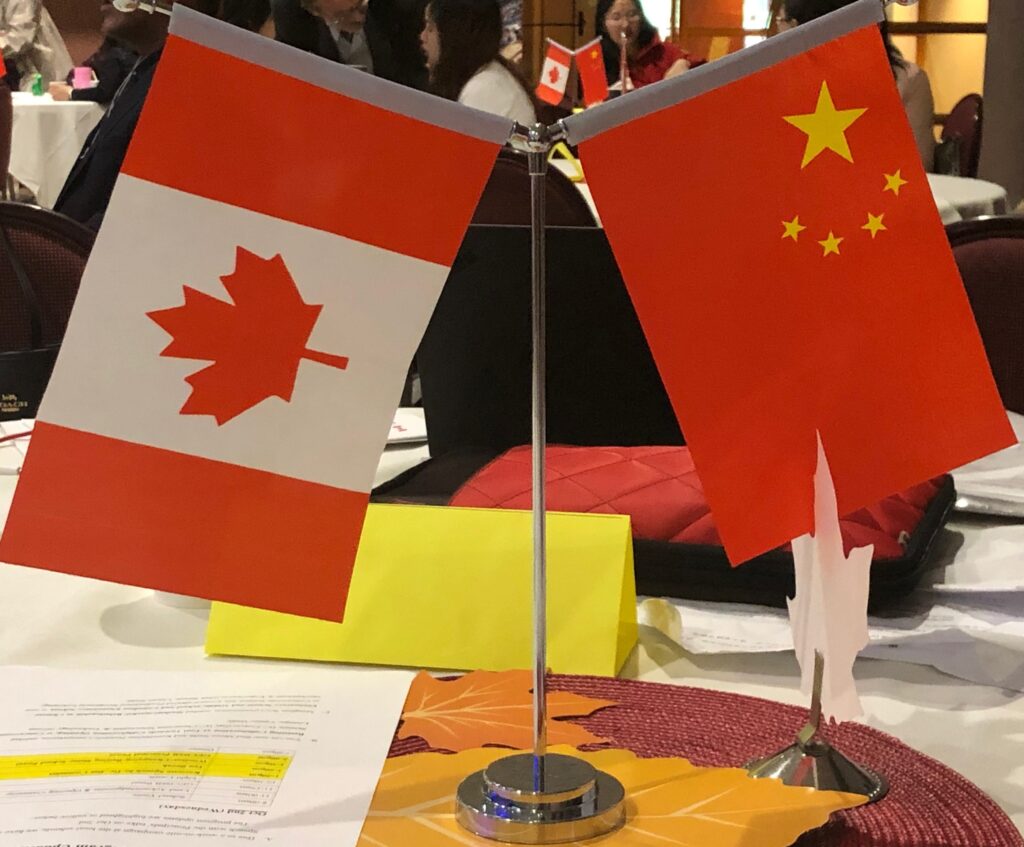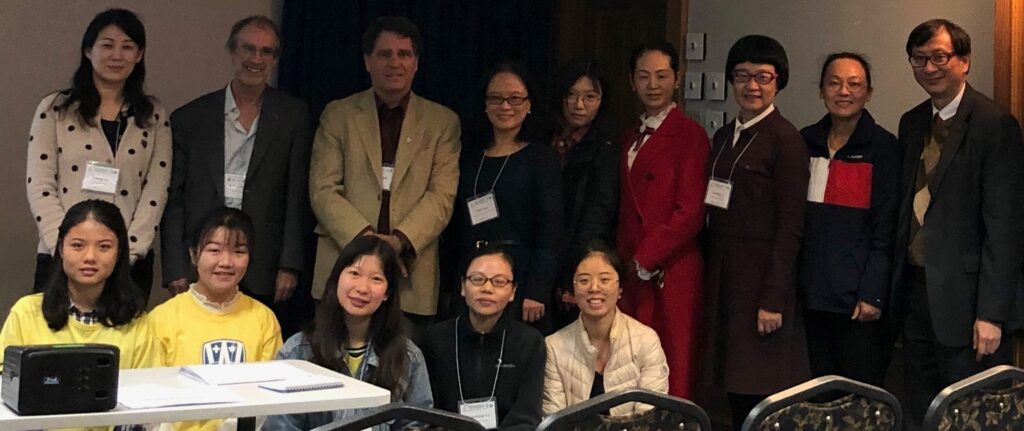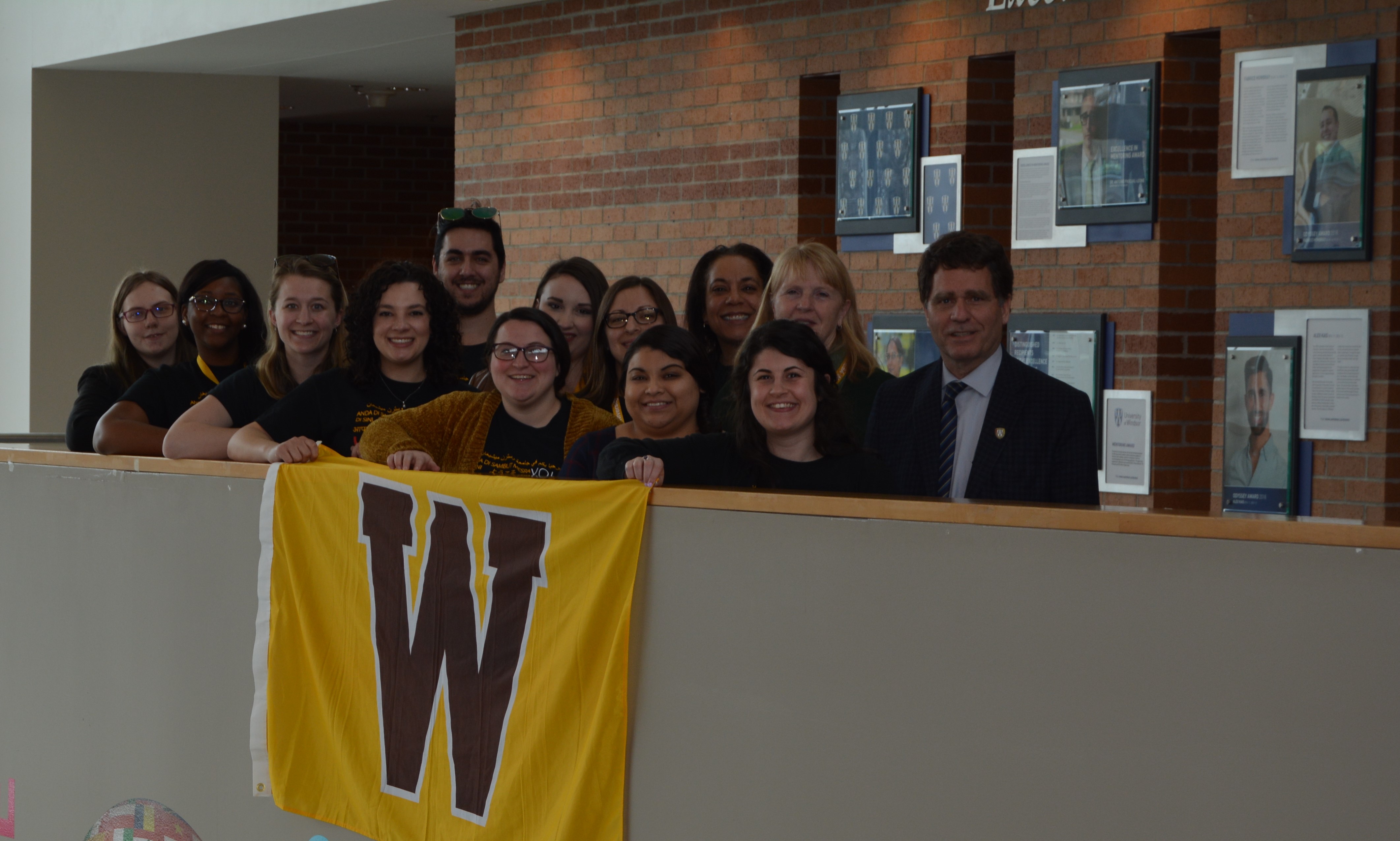Home » Posts tagged 'Higher Education' (Page 2)
Tag Archives: Higher Education
A Tale of Two Cities
Today, I find myself reflecting on Charles Dickens’ 1859 historical novel, A Tale of Two Cities, in which he tells the story of French doctor Alexandre Manette, released from the Bastille prison after an 18-year imprisonment, which was based on dubious charges. Dickens describes the conditions leading up to the French Revolution and the Revolution itself, that connects the arrogant behavior of the aristocracy to the revolutionaries’ political, social, and economic demands for justice. Dickens sets forth the idea that resurrection and transformation are both possible on personal level and societal levels.
In the opening sentence, Dickens writes:
It was the best of times, it was the worst of times, it was the age of wisdom, it was the age of foolishness, it was the epoch of belief, it was the epoch of incredulity, it was the season of Light, it was the season of Darkness, it was the spring of hope, it was the winter of despair, we had everything before us, we had nothing before us, we were all going direct to Heaven, we were all going direct the other way—in short, the period was so far like the present period, that some of its noisiest authorities insisted on its being received, for good or for evil, in the superlative degree of comparison only.
Much of what Dickens saw in the 19th century is reflected in our discussions today regarding the crises facing higher education in North America. Many of us continue to believe that through resurrection and transformation, we can change as individuals and as a society. What is increasingly clear is that we cannot go it alone. We will need to find ways to join together to improve and transform our individual post-secondary educational institutions and the system of higher education as a whole.
Let’s think on this within the context of the two major crises that are present in our world now.
As of today, according to the World Health Organization, there are 8,708,008 confirmed cases (nearly 30% in North America alone) and 462,715 deaths attributed to the COVID-19 pandemic, resulting from an infectious disease caused by a newly discovered coronavirus. Henry Chesbrough, Faculty Director of the Garwood Center for Corporate Innovation at the Haas School of Business at UC Berkeley, writes that the pandemic “is placing many universities under extreme budget pressure, owing to the loss of high-margin international students” (para 1) that may result in some campuses not opening in the fall and others further discounting tuition to students. Many other institutions have announced plans to offer online only or mostly online instruction. Taken together this will likely impact educational access and success for first generation, marginalized and low-income students.
On May 25th, George Floyd, a 46-year-old black man, was killed in Minneapolis by a white police officer, who knelt on Floyd’s neck for almost nine minutes while Floyd was handcuffed and lying face down, begging for his life and repeatedly saying “I can’t breathe.” (BBC, 2020) This has led to demonstrations in the U.S., Canada, and throughout the world against police brutality, police racism, and a lack of police accountability. Post-secondary leaders responded by issuing statements that “condemned the killing of Floyd and implored the community to seek out opportunities for kindness.” (Burke, 2020, para 1) Conversations and actions to address systematic racism will likely dominate discussions at North American campuses in the months and years to come.
The questions that are central to my reflection are these:
- What is the role enrollment management should play in responding to these crises?
- What can or will the enrollment management community do to address each of these crises?
- How will we position ourselves to be ready to help our institutions with future crises?
I believe that we are up to the tasks that lie ahead, but also believe it will take more than individual effort to make a difference. We will need to come together as colleagues and caring persons to face these challenges and respond to these important questions. Toward that end, our national association, the American Association of Collegiate Registrars and Admissions Officers, has decided to face these questions by convening the 2020 Strategic Enrollment Management Conference virtually and focus on the theme, “Crises as Catalysts for Transformation: 2020’s Impact on Higher Education and Enrollment.”
As the conference director, let me encourage you to submit a session, stop and share, poster, or roundtable proposal that highlights your experiences, best practices, and solutions. The Call for Proposals is now open. The proposal due date is July 31, 2020.
If I can be of any assistance, please write to me at smithc@aacrao.org.
-Clayton Smith

References
BBC News (May 30, 2020). George Floyd: What happened in the final moments of his life. https://www.bbc.com/news/world-us-canada-52861726
Burke, L. (June 1, 2020). College leaders respond to death of George Floyd. Inside Higher Ed. https://www.insidehighered.com/quicktakes/2020/06/01/college-leaders-respond-death-george-floyd
Dickens, C. & Schama, S. (1990). A tale of two cities, book the first, chapter 1. New York: Vintage Books.
Furber, M, Burch, Audra D. S., and Robles, F. (May 29, 2020). What happened in the chaotic moments before George Floyd died. The New York Times. https://www.nytimes.com/2020/05/29/us/derek-chauvin-george-floyd-worked-together.html
World Health Organization (June 21, 2020). WHO Coronavirus disease (COVID-19) dashboard. https://covid19.who.int/
One Tree Does not Make a Forest

Last week, I had the pleasure of attending the 6th Annual International Conference on West-East Reciprocal Learning in Education held at the University of Windsor. It was a spectacular event!
Reflecting on the event, co-director Dr. Shijing Xu, said “one tree does not make a forest.” By this she meant that it takes many partners to achieve success. And what a success it has been.

Statistics tell us that 233 students from Southwest University in Chongqing, China and 100 students from the University of Windsor have participated in the joint Reciprocal Learning Program that sees teacher candidates travel to China or Canada to experience the way teaching is done in another country, and to take in a little culture.
I can remember when it all started 10 years ago. Drs. Xu and Connelly were so hopeful. They believed that a peaceful world could be created by getting to know each other better.
The alumni couldn’t agree more. David Potocek said it was “stepping out of our comfort zone.” Taylor Paré agreed by saying we were “voices heard around the world” and “no matter where in the world you find yourself, its all about getting a child to smile at you.”
Last week we remembered. And now it is time to ensure that more teacher candidates in China and Canada benefit from this outstanding program. Let’s continue planting more trees!
-Clayton Smith

Crossing the Border

This week I, along with Windsor colleagues (Dr. Ken Montgomery, Dean, Faculty of Education; Ryan Flannagan, Associate Vice-President, Student Experience), welcomed graduate students and faculty to the University of Windsor from Western Michigan University’s Higher Education and Student Affairs Leadership program during their study abroad trip through Ontario. As a dual citizen (both US and Canadian), it was my pleasure to share a bit about Canadian higher education.
As Canadians often do, we opened our dialogue on the state of the weather, which was 9 degrees Celsius and with a forecast of light snow mixed with rain. Keep in mind this was April 10th! We then talked about geography. Some were surprised that they had traveled south as they came into Canada and that Windsor is the southern most part of Canada, with a good portion of the US north of us.
I was, of course, glad to see some adventurous students try poutine in our cafeteria, a made-for-students delicacy composed of fresh-cut french-fries topped with cheese curds and gravy. They loved it!
The visiting students and faculty were very interested in the similarities and differences between the educational systems and the challenges and opportunities facing the Canadian and Ontario higher education systems. This, of course, led to some discussion of the political system in Canada since higher education is mostly funded and controlled by the provinces.
Our conversation touched on many topics, but two were of particular interest: international education and student mental health.
On international education, we discussed the growing international student population on Canadian campuses, including the University of Windsor, and the stalled and declining enrolment of international students at many American colleges and universities.
Mental health for both American and Canadian institutions is a growing concern. Some were surprised to learn that mental health support at our campus is greater than it is in the community.
We then took a short tour of our student services, snapped a picture, and wished them well as they travelld to other Ontario colleges and universities.
My guess is they will head home with a richer understanding of Canadian higher education and a sense of some of the things we can do together in the years to come.
A pleasure!
Clayton Smith
Recent Comments